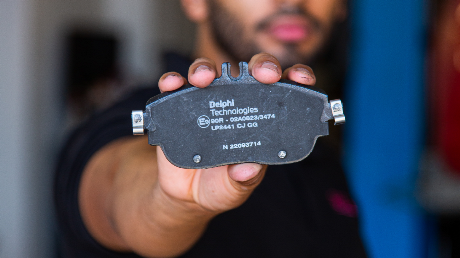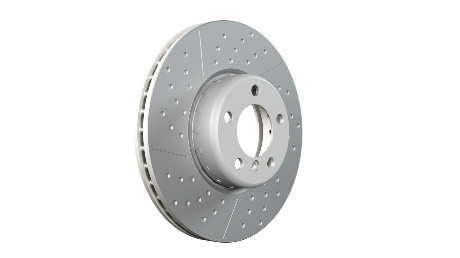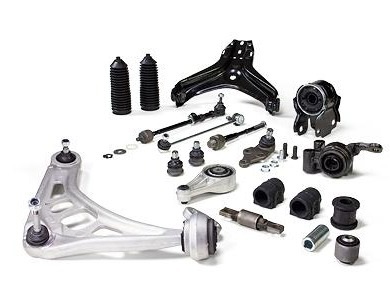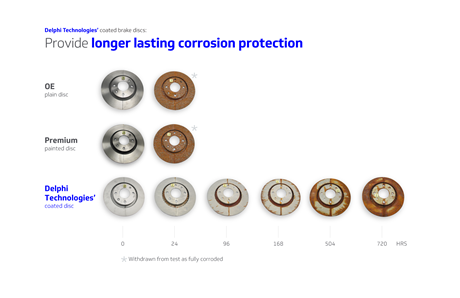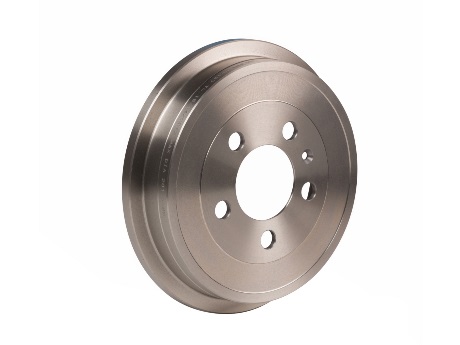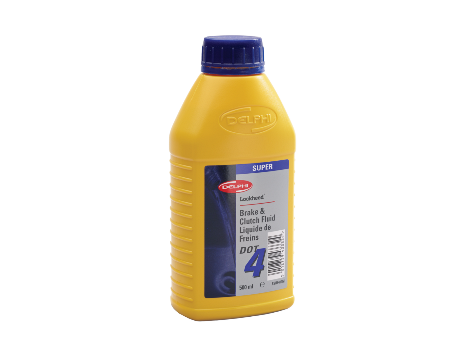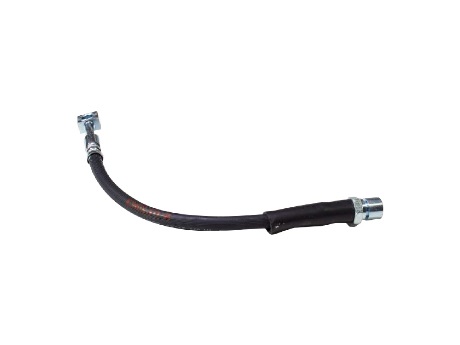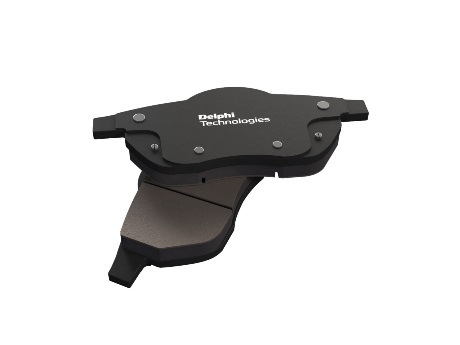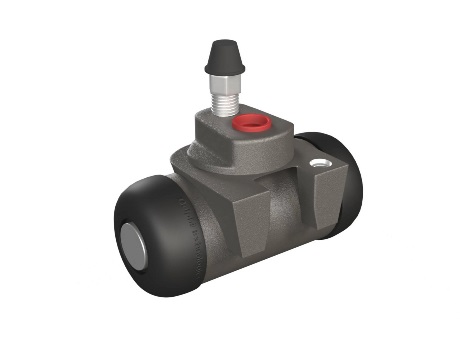Brake Discs
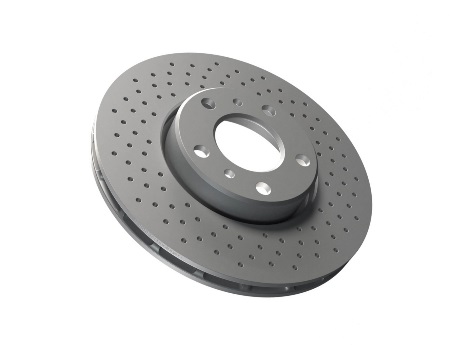
ECE R90 certified brake discs
It should come as no surprise that our brake discs for new vehicles launched post 1 st November 2016 are R90 certified, alongside a range for popular older applications. After all, we’ve been meeting these quality standards for many years. The only difference today: our discs now undergo official ECE R90 testing schedules including performance, dynamic friction comparison, high load integrity and thermal fatigue analysis to certify that they perform to a prescribed tolerance of the OE part.
Learn more about Delphi’s R90 certified brake discs and why it matters.

Fully coated brake discs
Thanks to a special zinc-flake, silver Geomet coating, our coated brake discs offer greater and longer-lasting corrosion protection compared with many oil-dipped or partially painted and coated equivalents, whilst also being more cosmetically appealing. And because they have no oil to clean off, they save valuable labour and service time. All this makes for a better protected disc that’s easier to install, easier to dismount as well as being easy on the eye too.
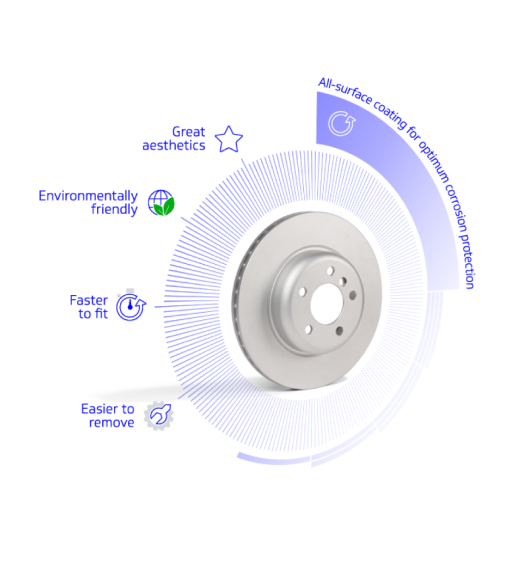
High-carbon brake discs
The added carbon content in our high-carbon discs helps to both reduce the risk of thermal cracking under high-temperature loads, and allows the discs to operate at a cooler temperature, for a more consistent braking performance. It also increases their resistance to distortion or warping for added durability, while delivering noise and judder free braking.
Cross-drilled brake discs
As well as looking cool from behind your wheels, our cross-drilled discs will keep your brakes feeling the same way – cool. The cross-drilled holes dissipate heat, brake dust and gases, helping to keep the pad surface cool and clean and reducing the risk of thermal distortion and warping. These same holes also prevent a film of water forming during wet conditions for improved braked response.
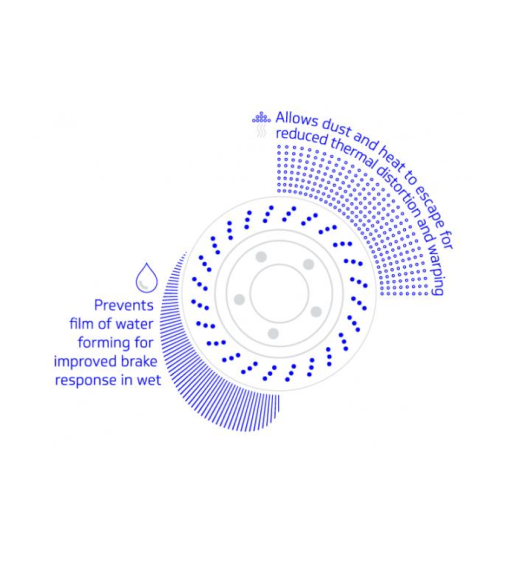
Vented brake discs
Our vented discs feature special internal cooling passages to maximise airflow. By continually moving air across the disc’s surface or through the disc itself, they allow more heat to be dissipated, improving both cooling capacity and resistance to cracking from thermal shock.
Brake discs with bearings
To avoid damage to the bearing during removal, and ensure the correct pressing in into the new, we offer a range of discs with these safety critical components already pre-mounted. They also include both toothed and magnetic ABS sensor rings, as per the OE, and the relevant fixing accessories. All for quick and accurate installation.
One-piece cast iron brake discs
Our one-piece cast iron discs offer an aftermarket alternative to BMW’s patented two-piece bi-metallic composite disc. Engineered from a single piece of cast iron, they deliver the same standards of consistency, longevity and braking performance as the two-piece disc, but at a fraction of the price. And to top it off, they come with fixing screws for quicker and easier fitting.
The Delphi Difference
-
100 years of OE experience, supplier to the world’s top automakers
-
OE heritage and knowledge built into every aftermarket part
-
Comprehensive portfolio for a wide range of vehicles and model years
-
Streamlined SKUs for easy inventory management
-
Support through tools, tips and training

Related product resources and downloads
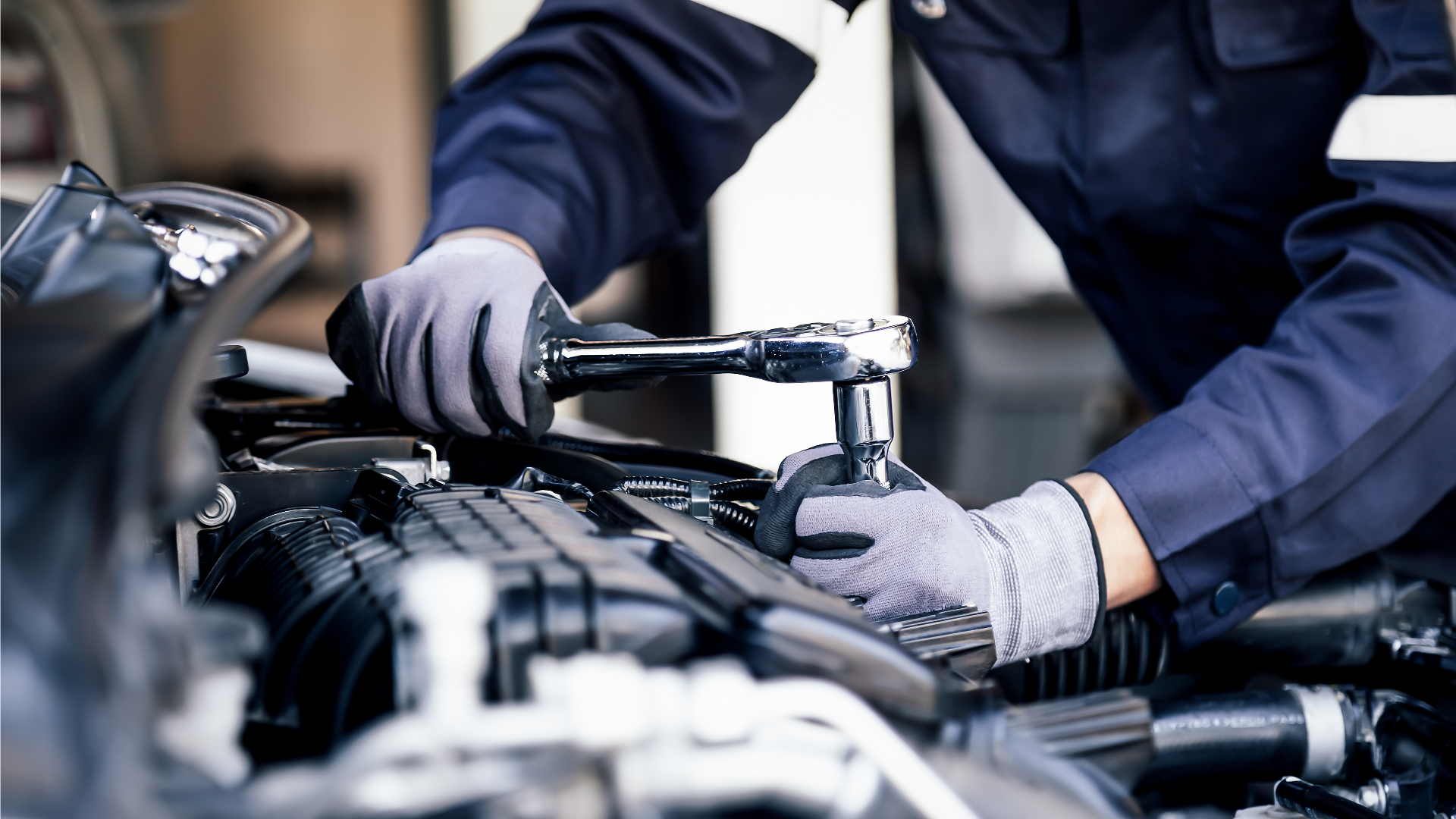
Resource Highlights
In this article you will find out about how Delphi brake pads helps you stop sooner. At 100 mph, Delphi stopped more than four meters ahead of the next best brand, nearly nine meters ahead of the OE, and a massive over 17 meters ahead of the worst. Whilst four meters may not sound much, in an emergency stop every meter counts - it could mean the difference between you hitting something or not.
Whilst we like to say we’re ahead of the competition…when it comes to stopping we're actually behind. But that's a good thing right? Yes! Because it means we’re stopping sooner.
And we do. Fact! We recently put our pads through their paces, alongside the OE and six other leading aftermarket brands. The tests were performed at ECE R90 speeds on a VW Passat 2.0 TSI. The results? Well they speak for themselves.
At 100 mph, Delphi stopped more than four meters ahead of the next best brand, nearly nine meters ahead of the OE, and a massive over 17 meters ahead of the worst. Whilst four meters may not sound much, in an emergency stop every meter counts - it could mean the difference between you hitting something or not. And if you can’t stop in time to avoid a collision, it means that the impact will almost certainly be a lot less. Because in the last four meters alone, you could still be travelling at ten mph. Worse still, in the last 17 meters you could still be travelling at 35 mph and a pedestrian hit at 35 mph has a one in three chance of being killed. In both these instances the Delphi equipped vehicle would have already come to a halt! Enough said!
.png?sfvrsn=148f9b65_5)
At 50 mph, Delphi stopped sooner than all but one competitor, but crucially still ahead of the OE.
Of course, the way you stop is just as important. When you hit the brake pedal, you’ll want to stop in a quick, yet controlled manner. Take ABS modulation as an example. To achieve stable braking, the brake fluid pressure modulated by the ABS control module should follow a uniform pattern; with a rapid and successive release of pressure to prevent the wheel from locking, followed by a build-up of pressure to slow the wheel down. The Delphi pad followed a similar pattern to the OE, and since the vehicle’s braking system is designed to work with the OE pad, this is the holy grail so to speak. Other brands were inconsistent, with some not generating enough braking power for the ABS to even kick in, resulting in an uncontrolled and unstable stop.
The same goes for the front and rear braking pressure. Again, the Delphi pad followed the OE example. Other brands showed signs of too much braking at the rear, resulting in possible oversteer, or too much at the front and understeer. Either way, you’ll end up with an unstable vehicle.

- Fully bedded pads.
- 2 emergency stops with maximum deceleration: 1st stop: Medium speed stop 50 - 0 mph. 2nd stop: High speed stop 100 – 0 mph.
- Front and rear axle tested.
- Car: VW Passat Variant.
- Engine: 2.0 TSI.
- Power: 162kW / 220HP.
- Weight: 2168 kg total.
- IMPORTANT: Whilst these tests were carried out at speeds of up to 100 mph, in accordance with Regulation 90 testing procedures, Delphi does not condone driving at these speeds and advocates compliance to legal speed limits.
See how Delphi outperformed the competition in other key tests – noise, wear and wet braking.

Visit our Technician Library for access to Documents and Downloads
Get in touch
The full Delphi product range
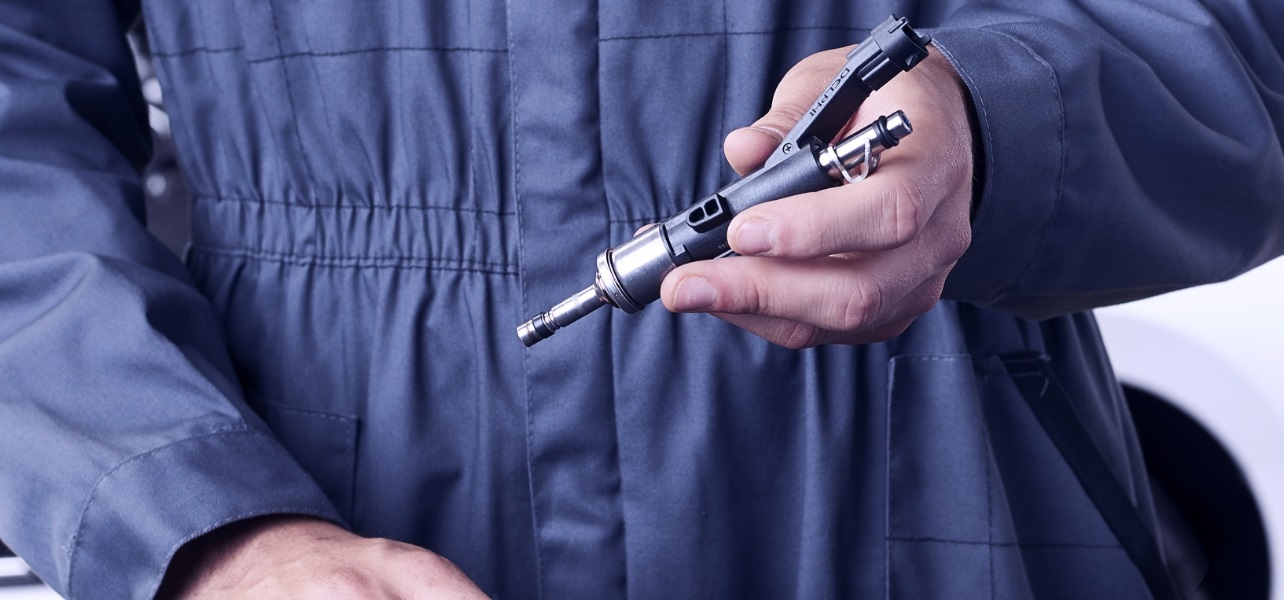
Find out where to buy Delphi parts

